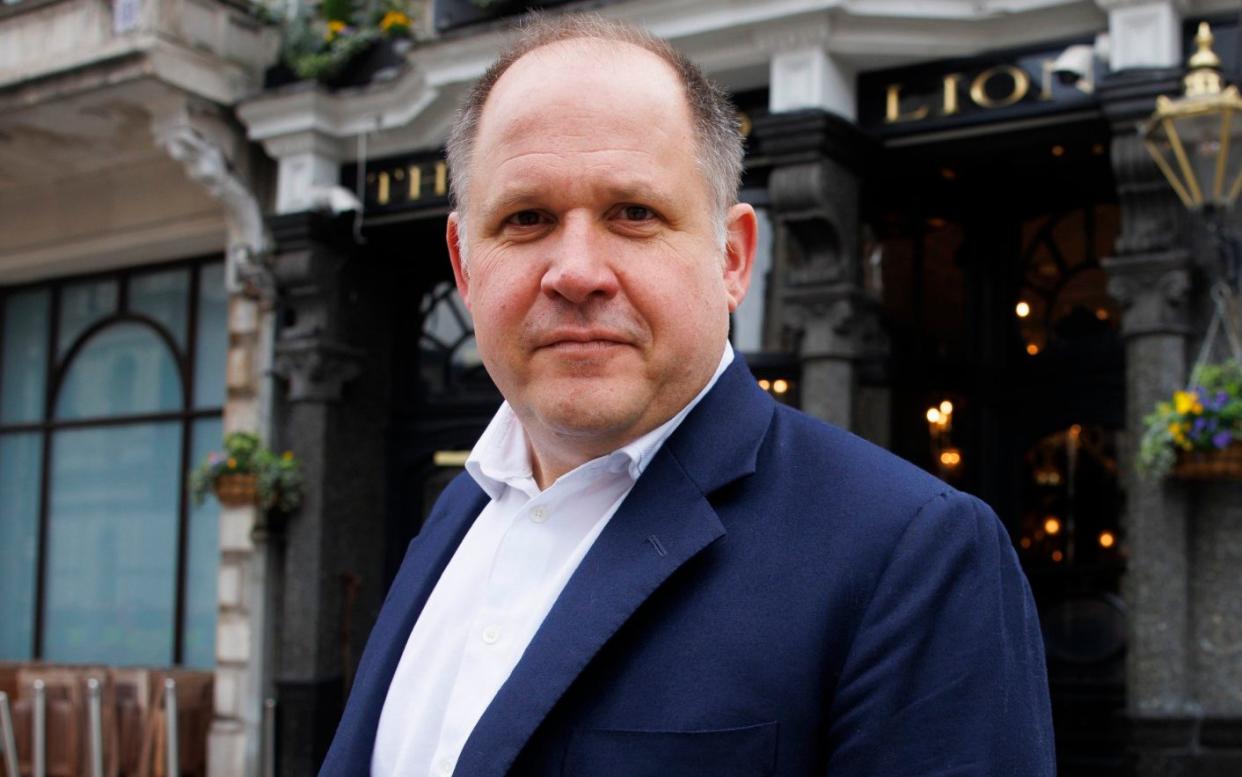Henry Dimbleby calls for complete ban on junk food TV adverts

Junk food adverts should be banned from TV, the former government food tsar has told a House of Lords committee.
Henry Dimbleby, the author of the National Food Strategy, has called for a 24-hour ban on advertising ultra-processed foods (UPFs) and high saturated fat, salt, and sugar foods (HFSS) to tackle obesity and other health problems caused by food.
Giving evidence to the food, diet and obesity committee on Thursday, Mr Dimbleby said the first thing he would do would be “break the junk food cycle”.
Mr Dimbleby, the co-founder of the restaurant chain Leon, said: “I would immediately restrict the advertising, which is something the Government said they would do, [but] they put it back to 2025.
“I would restrict advertising of all of this food, not just after the watershed, I would just say, you can’t advertise it. I think it’s completely reasonable.”
The Government has repeatedly pushed back plans to bring in a watershed ban on junk food adverts, which means they can only be broadcast between 9pm and 5:30am, which was first recommended in 2021 but will now come into effect from 2025 at the earliest.
Mr Dimbleby is now calling for a complete ban and also repeated proposals that were dismissed by the Government in 2022 to introduce taxes on sugar and salt.
He said it “wouldn’t put the price of food up” but accepted it was a politically difficult decision during a cost-of-living crisis.
The National Food Strategy was an independent review of England’s food chain “from field to fork” led by Mr Dimbleby and published in 2021.
It made a series of recommendations to improve the nation’s health and tackle the root causes of obesity and bad diets.
The 53-year-old quit his advisory role in early 2023, accusing the Government of “insane” inaction against obesity, but was brought before the House of Lords committee to give evidence.
He also told the committee he had “really come around” to “big black octagon” warning symbols on UPFs and HFSSs, which was also recommended by Dr Chris van Tulleken, an infectious disease doctor and author, giving evidence to the same panel.
Mr Dimbleby said: “The second thing I would do, to Chris’s point, which I didn’t recommend, but I’ve actually really come around to it is great big black octagons on stuff that is both UPF and HFSS, so it’s not Tony the Tiger looking at you. It’s a great black [warning sign] and there’s no doubt that we think that this stuff is going to do harm.”
The pair demonstrated sweets from Colombia with such signs on them. He said the black warning octagons were well understood in South and Central America and called for their use.
“I would apply black warning label octagons to harmful foods. I would use our own pre-existing dietary recommendations. If you did that, Coco Pops gets two big black octagons,” he said as an example.
“Coco Pops is not a food that we recommend according to our own dietary recommendations. So you get rid of the health claims, you get rid of Coco Monkey, you put it on a different shelf, you can’t advertise it to kids.”
He added: “The companies that make these products shouldn’t be able to advertise because they’re very good at advertising themselves, without advertising the product. So it has to be a brand ban.”

